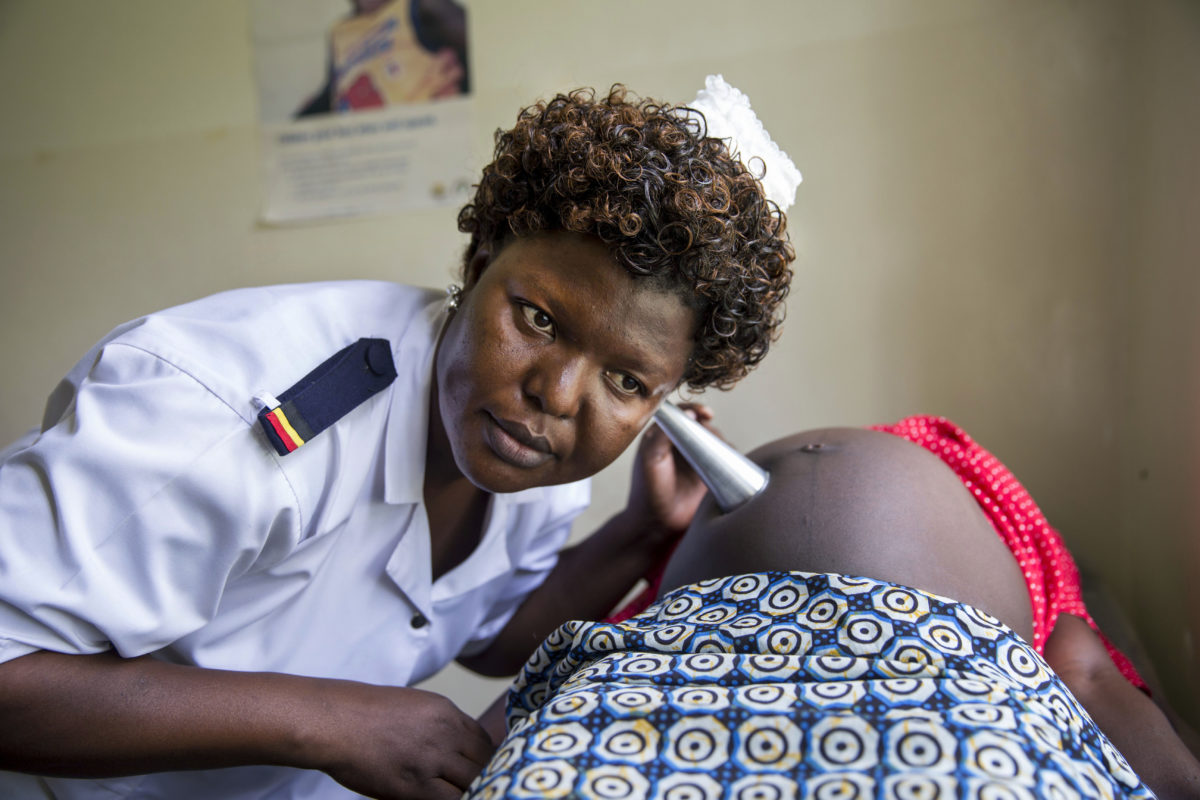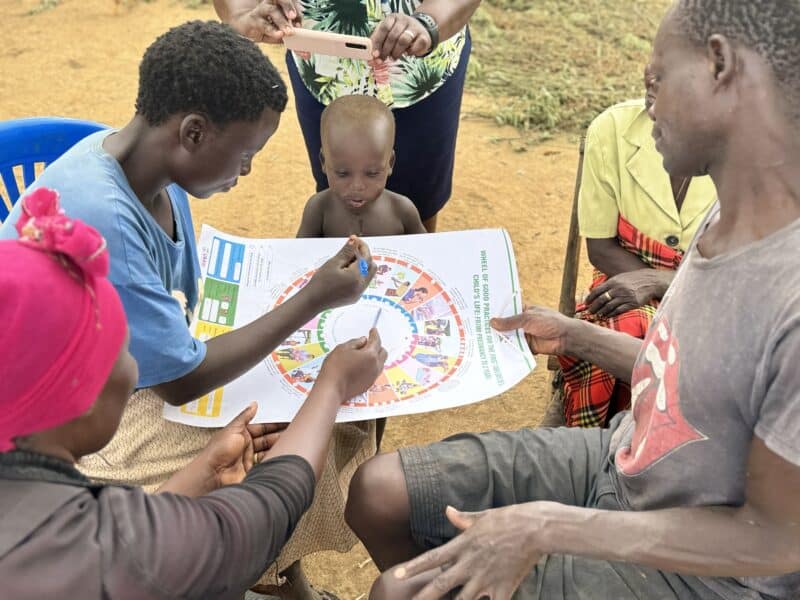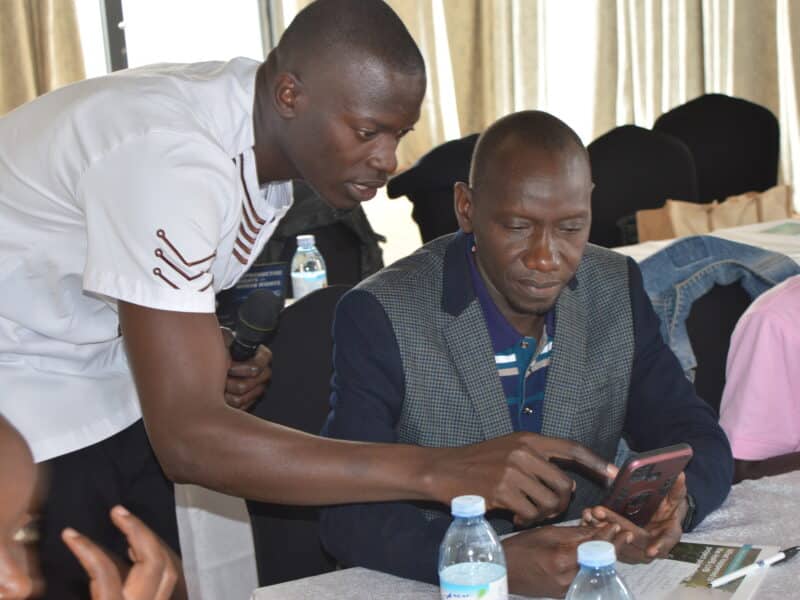The Johns Hopkins Center for Communication Programs is part of a new partnership led by EngenderHealth to help women across the world avoid pregnancy complications and receive high-quality surgical care such as C-sections and hysterectomies when indicated, as well as surgical contraception such as tubal ligation and implants, if they choose.
Funded by USAID, the global project to promote awareness of, and equitable access to, safe surgery for women will receive up to $40 million as part of the MOMENTUM suite of USAID projects. The project will team up with local partners and country institutions to improve childbirth outcomes and better meet people’s voluntary family planning needs.
Much of CCP’s work on the MOMENTUM project will use social and behavior change approaches to help improve trust and communication between health care providers and clients. CCP’s work aims to increase demand for appropriate obstetric services, while addressing stigma, misconceptions and social norms around those services.
Along with CCP, IntraHealth International and the London School of Hygiene and Tropical Medicine will be EngenderHealth’s main partners. The partnership will also collaborate with resource partners, including the International Confederation of Midwives, Viamo and regional professional associations of surgeons and other clinicians.
The work will cover both the prevention and repair of obstetric fistula, a childbirth injury that can severely damage a woman’s life due to stigma, and shame surrounding it. There will also be a focus on C-sections, both improving understanding about when the procedure is needed and when it is not and improving surgical skills to ensure that it is done safely.
In making the announcement, USAID wrote: “This award emphasizes working with local partners and country institutions to improve childbirth outcomes and better meet people’s voluntary family planning needs by identifying and reducing barriers to maternal health and family planning care seeking; catalyzing action among communities; promoting gender equity and respectful maternity care principles; and generating research and learning to support scaling new approaches.”
Fistula is most common in younger women, so some of the work will look at how to avoid fistula in the first place by preventing early marriage. When a woman suffers a fistula, she is often cast out from society. But she does have options, such as surgical repair, so the project will also work to help women understand their options and get the help they need.
“This is an exciting opportunity for CCP to gain experience and knowledge in these areas,” says CCP’s Executive Director Susan Krenn. “We have decades of experience in using communication to inspire all kinds of healthy behaviors. Now we can apply these approaches to improve surgical care for pregnant women and help women who have been stigmatized because of childbirth injuries.”





